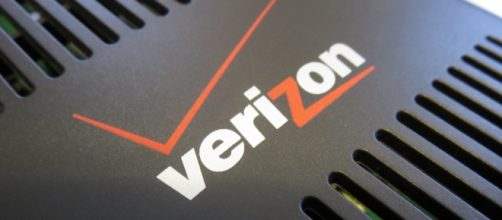Verizon is one of the networks with the least complicated unlimited data plans around. It used to be that they asked for $80 for an individual line or $45 for each line on a four-line family plan. These connections get full LTE speeds until they hit a threshold of 22GB, after which they'll be subject to de-prioritization. It's actually surprising how straightforward it is, considering news of data providers throttling internet speeds left and right.
However, Verizon changed this recently by breaking down this one simple plan into three new plans, which are not as simple as the last one.
According to a recent report, this apparently is the reason why the network was testing reduced speeds on Netflix streaming just last month.
"Unlike the relatively straightforward unlimited plan that Verizon surprised customers with in February, these new monthly plans are chock-full of fine print and caveats," Chris Welch writes for The Verge.
Throttling and capped video quality everywhere
The three plans start at $75 with the "Go Unlimited" plan. This is $5 cheaper than the original unlimited plan, but it less reliable; the speed can and will be reduced significantly if the network is congested. These slowdowns do not care about time or accumulated data usage — it does not matter whether you consumed 5GB or 50GB, or whether you're just at the start of a billing cycle or not.
As long as the network thinks it is congested, your connection will be slowed down. In addition, the "Go Unlimited" plan limits the video quality to 480p.
Next is the $85 "Beyond Unlimited" plan. This is more expensive, but at least more forgiving than the previous plan. It is also the one closest to the original plan, in that users only suffer reduced speeds when they exceed 22GB in a billing cycle.
It also limits phones to 720p quality video, and there's no way to go beyond that. Tablet users, at least, have the privilege to stream in 1080p.
The third one, "Business Unlimited," pretty much does not offer anything new. Like the first plan, it caps streaming quality to 480p or "DVD quality." It also suffers from de-prioritization and slowdowns after 22GB consumption, except when on a 2-year contract, in which the cap is raised to 25GB.
A smart business move or just being competitive?
Whether this is a good business move for Verizon remains to be seen, but it's not hard to see that these three plans cannot compare to the simplicity of the original one.
In any case, Verizon is not the only network that has looked to throttle their data speed as a means to provide an equally enjoyable experience for everyone. It has been reported that providers like AT&T and T-Mobile are doing it, as well.


